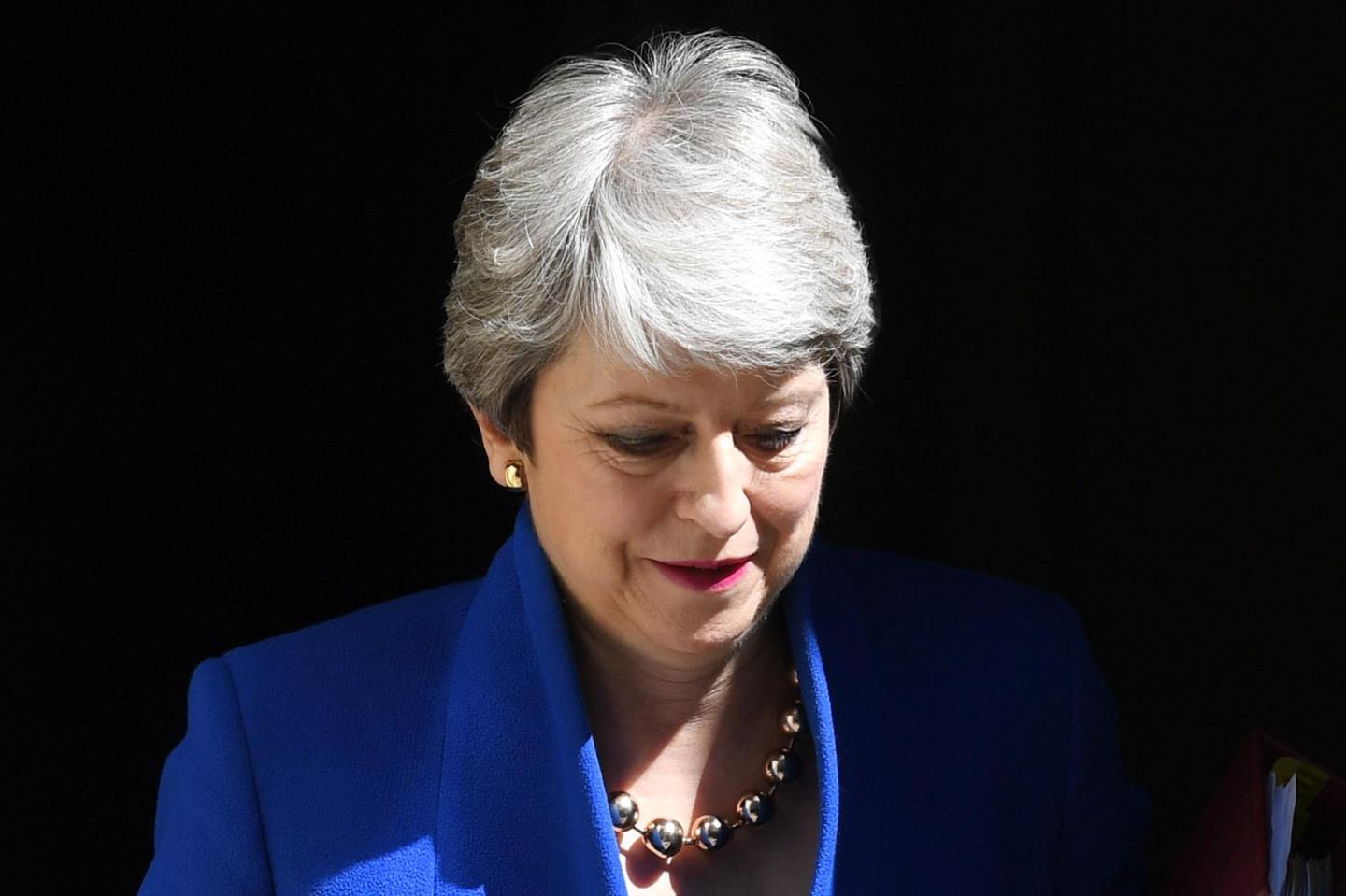The Westminster administration proposed a tiny tweak to the law last week – one that will affect every baby to be born in the UK.
And, while that sounds like its implications are grand, it was in fact a lame and unambitious move, indicative of how far the Conservative Party has changed in the last four years and where its focus now lies.
Almost literally as she walked out of Downing Street in summer 2019, Theresa May pressed go to start a consultation on extending paternity leave. One can only assume it was some sort of gallows joke from the outgoing PM, since she was to be replaced by Boris Johnson, a man more associated with paternity suits than paternity leave.
The timing was odd, but the move was not out of kilter with the then Tory party. It was still the creature of the Cameroons – pragmatic, relaxed, operating in the world as it is. (Which is precisely why it was having so much bother swallowing the 1950s delusions of the Brexiteers foisted upon it by that referendum result.)
When Tracey Crouch led a debate on supporting fathers at the start of 2019, she not only granted me immortality in the parliamentary record by namechecking my book on the topic, she repeatedly had to give way to colleagues like Douglas Ross and Paul Masterson who wanted to have their say and wanted to be a new kind of male MP – one who recognised he had responsibilities to both his constituents and his family.

By the end of 2019, Boris Johnson was in Downing Street with a big majority, a disdain for any responsibility at all, and no inclination to leaf through the many responses to that consultation. Had he bothered to read them, he would’ve seen organisations and individuals with expertise in the field offering evidence and sound argument that increasing paternity leave is an unalloyed good thing.
Children whose fathers are more involved with their upbringing from the very beginning grow up brighter, happier and less likely to get in trouble with the law. All good things in and of themselves, but that come with a saving to the state in terms of education, health and policing budgets.
Men who take more paternity leave record better mental and physical health, stronger relationships with friends and family. Women whose partners take more paternity leave are less likely to suffer postnatal depression and can dodge the penalty to their lifelong earnings imposed on those who take up to a year out of the workplace.
Longer, fairer, better paid parental leave closes the gender pay gap, boosts equality and adds literally billions to the national GDP. Recent research by the Pregnant Then Screwed campaign group found that for a £1 billion outlay on better paternity leave, the economy would gain £23 billion back.
Yet, still, the paternity leave consultation was left to moulder on a Whitehall shelf. Until dusted down last week by Kemi Badenoch – the ideal person to take it forward, since she holds both the business and equalities briefs. Entirely the wrong personality to take it forward, since she’s increasingly beholden to the culture war narrative.
It’s almost worse than no change at all
As the Conservatives’ grip on power slips so does their grip on reality. While the rest of us scrimp to stay above the financial waterline, too many Tories are embarking on a bizarre quest to categorise everything and anything as either “woke” or “unwoke”. The former now encompasses all sorts of apparently innocuous and unrelated items, from Gary Lineker to electricity.
Hands-on dads sound a bit woke, so Badenoch decided that paternity leave will be altered only to allow dads to take their two weeks entitlement as separate blocks, rather than a single fortnight.
It’s almost worse than no change at all. She appears to understand that flexibility is part of good parental leave policies, yet by retaining just two weeks of entitlement, she’s sticking to the plainly stupid orthodoxy that a man can become a dad in a fortnight, while mums are more vital to their children and more expendable in the workplace.
At the very least, she could’ve made paternity leave a day-one right (rather than insisting dads must clock up six months in a job before qualifying), and added on an extra fortnight unpaid.
That would still have been disappointing, but it would send a message that this government is on the side of families, and that they understand there are issues to address around parental leave. It could’ve served as the tiny nudge necessary to get a policy bandwagon rolling.
Instead, the Conservatives have failed families and shown they are more concerned with a culture war which every survey shows voters don’t give a fig about.
They’ve looked a good policy in the eye and turned their back on the evidence, in favour of an ideology no one voted for or cares for. That’s a foolish way to govern that’ll surely haunt them.
James Millar is a political commentator, author and a former Westminster correspondent for The Sunday Post


